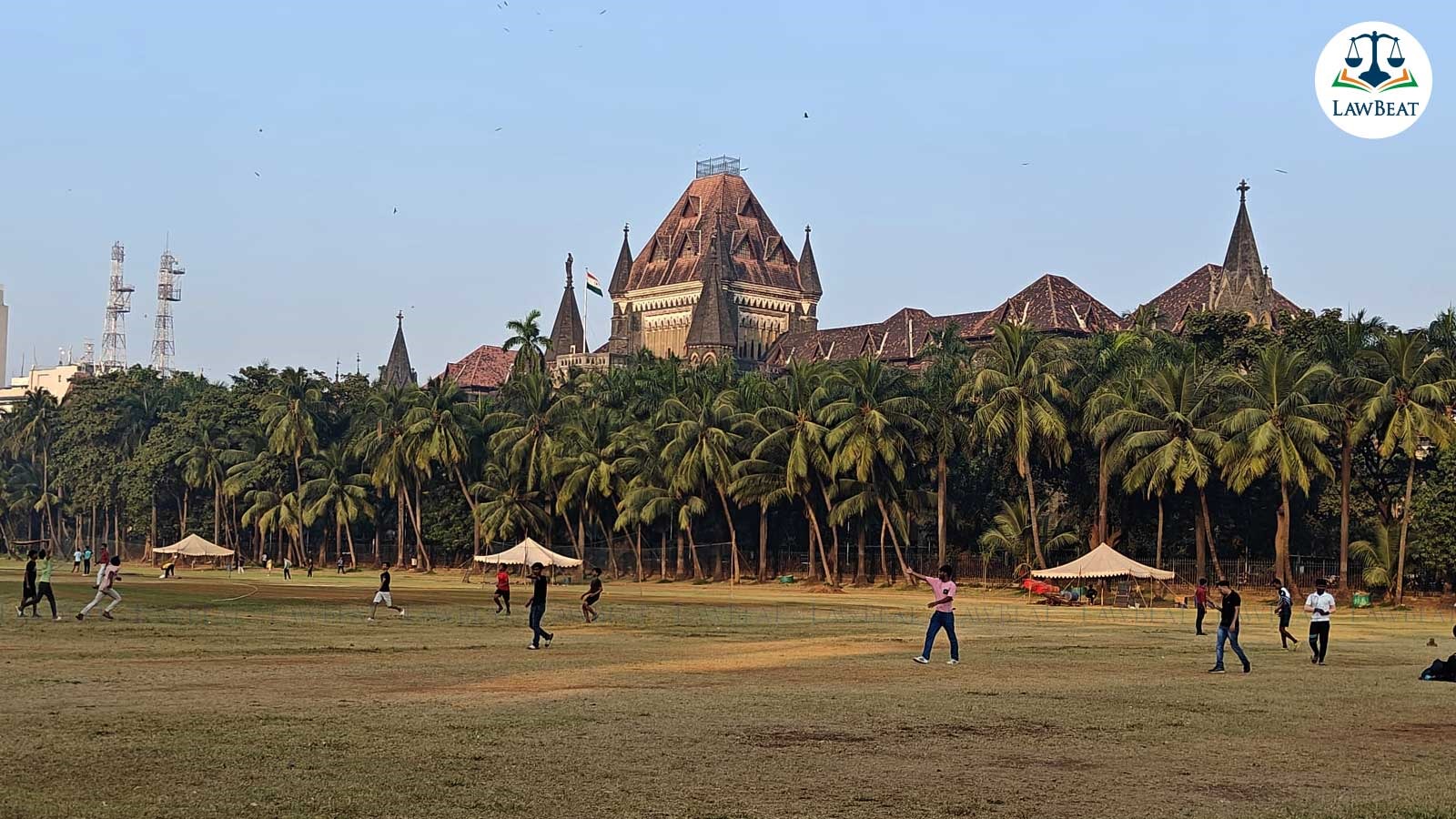Bombay High Court Quashes FIR Against Man Booked For Throwing Money On Bar Dancer

Additional Public Prosecutor SE Pahad argued that the applicant aided and abetted the persons who were performing obscene and indecent dance. He submitted that the applicant was throwing money in response to the dance performed by the women
The Bombay High Court has quashed a case filed against a man who was booked for throwing money on bar dancers allegedly performing an indecent dance.
A division bench of the high court comprising Justice PD Naik and Justice NR Borkar was hearing an application filed by the man against the FIR registered against him for throwing money at a bar dancer.
The applicant was booked by the police under the Indian Penal Code and the Maharashtra Police Act. The case of the prosecution is that on 2nd January 2016, the police received information and decided to conduct a raid.
The information received was that some bar dancers were performing an indecent dance at Indiana Bar & Restaurant situated at Haji Ali, Mumbai, and the persons present at the place of the offence were participating, aiding, and abetting them.
Following this, the police raided the premises and found that the ladies were performing an indecent dance, and several other persons including staff were present. Some of the customers were throwing money in response to the dance performance.
Advocate Shailesh Kharat, appearing for the applicant, submitted that mere presence at the place where the dance was performed does not amount to aiding and abetting the commission of the offence.
Kharat argued that customers could not be impleaded as accused in the present FIR, and about 39 persons were impleaded as accused, including 20 customers.
Additional Public Prosecutor SE Pahad argued that the applicant aided and abetted the persons who were performing obscene and indecent dance. He submitted that the applicant was throwing money in response to the dance performed by the women.
The high court allowed the application, observing that no specific overt act had been attributed to the applicant.
“..the FIR indicates the presence of the applicant at the place of incident. No specific overt-act has been attributed to the applicant. In absence of any cogent evidence, the applicant cannot be prosecuted for the said offences,” the order reads.
Case title: Nilesh Gadge vs State of Maharashtra
